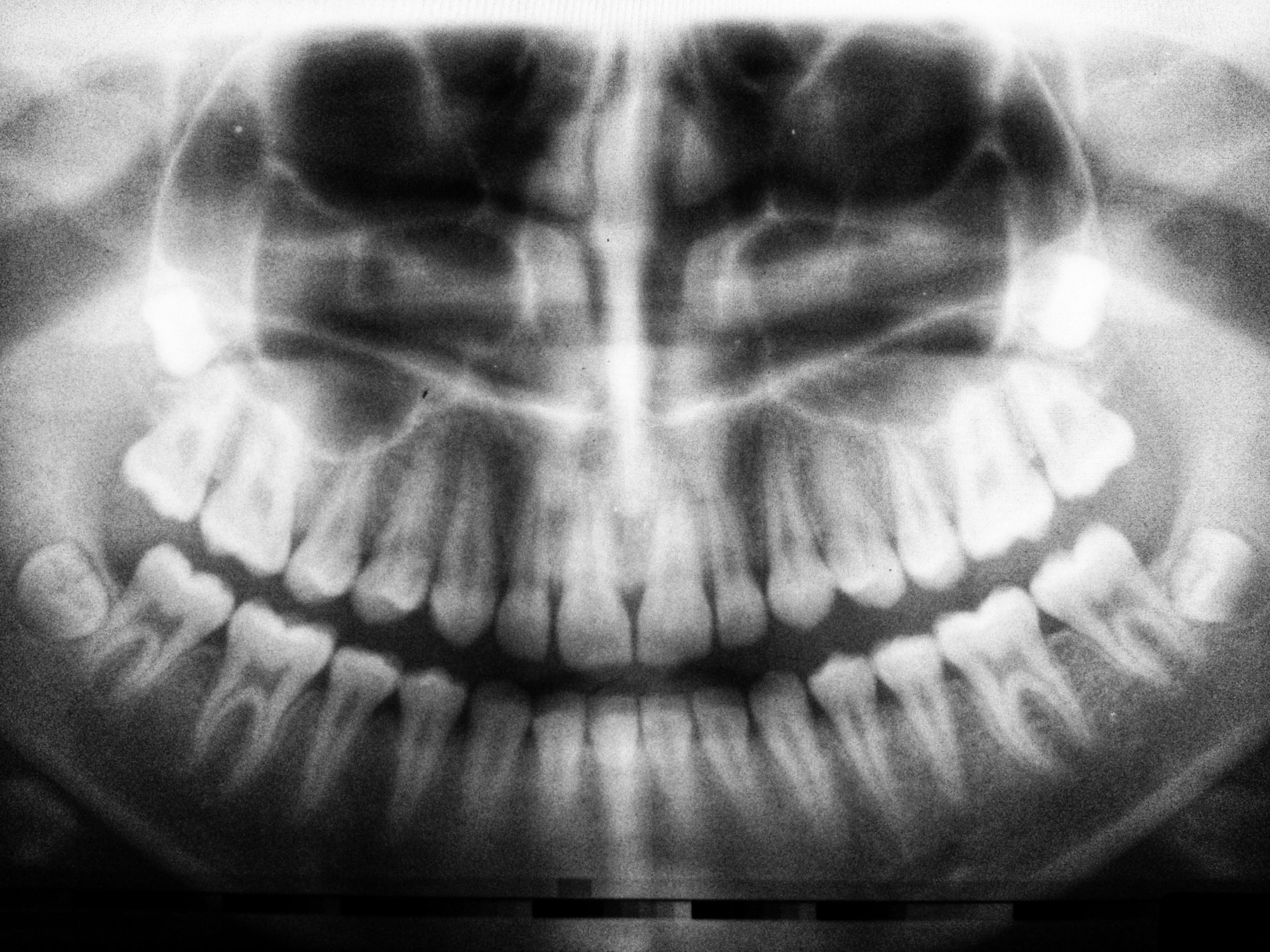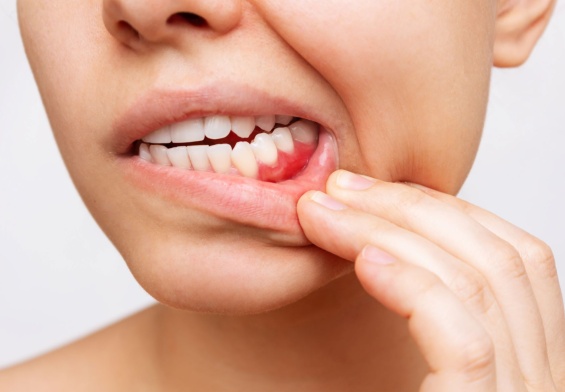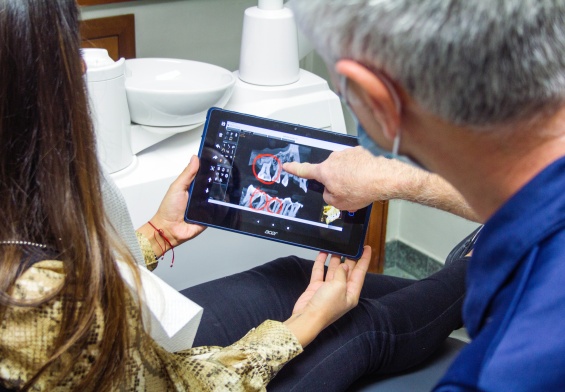It’s completely understandable for visits to the dentist to cause concerns and anxiety, especially when it comes to dental x-rays. They involve radiation, which can be intimidating for many people to think about. That being said, dental x-rays are an incredibly important tool dentists use to diagnose tons of ailments. As such, they play a huge role in maintaining oral health, and are generally safe when used appropriately. This article will cover the safety of dental x-rays, so it can allay the totally valid fears that come with them.
Understanding Dental X-Rays
Dental x-rays are images of your teeth that help dentists see problems that they wouldn’t be able to with just their eyes. Some of these problems include detecting cavities, assessing bone loss, identifying infections, and even spotting tumors. They also may be taken before procedures by the best cosmetic dentist NJ to identify any issues that would interfere with the cosmetic procedure. X-rays find these problems early before they get worse and develop into larger issues, so they play a huge role in preventative care.
Of course, these advantages of dental x-rays tend to be overlooked in favor of radiation exposure concerns. Fortunately, the radiation levels used in dental imaging are very low and carefully regulated to make sure the patient is safe.
Radiation Levels in Dental X-Rays
Again, “Are dental x-rays safe?” is a common and completely valid, understandable question to ask. The answer–yes—comes from the amount of radiation a patient is exposed to. Another common question is “do dental x-rays use a lot of radiation?”, and the answer to that question is no. They use very small amounts of radiation, usually 2-3 mrem. For comparison, the average US resident receives around 360 mrem per year from sources like smoke detectors, cross-country plane flights, sleeping next to someone else, and even reading a book! This means the radiation dose from a standard dental x-ray is about the same as what a person would get from natural background sources over one or two days.
Advances in modern dental practices and digital x-ray technology have led to hugely reduced levels of radiation exposure, especially when compared to traditional film x-rays. This advancement, in addition to best practices like using protective lead aprons and thyroid collars, makes sure patients are exposed to the least amount of radiation possible.
Safety Measures and Reassurances
As mentioned above, there are several precautions dental professionals take to keep radiation exposure to a minimum for their patients. For example, protective shields, usually in the form of lead aprons, are used to cover parts of the body that aren’t being x-rayed. They also use high-speed films or digital sensors that produce clear images quickly, thus requiring less radiation. These practices align with the ALARA principle, which stands for “As Low As Reasonably Achievable,” a safety standard that guides the use of radiation in medical settings.
For people with particular concerns about radiation exposure, like pregnant women, dentists can take extra precautions like additional shielding. In the specific case of pregnancy, however, most dentists will avoid taking x-rays unless they absolutely have to, but even if you’re asking, “how safe are dental x-rays during pregnancy?”, it is considered safe with the proper safety measures.
Addressing Specific Concerns
Another totally valid concern patients have is over the frequency of dental x-rays. The necessity and frequency of x-rays are hugely dependent on that individual’s dental health needs. X-rays may be required less frequently in patients with a history of good oral health and no pressing issues, for example. Most dentists will take x-rays for their orally healthy patients once every 6 months.
On the other hand, patients with oral health problems like cavities or gum disease may need dental x-rays more frequently. If you have any concerns over dental x-rays, communicate them openly with your dentist. This way, your dentist can raise the threshold your oral concerns need to meet in order to warrant an x-ray, making sure you’re only getting what’s absolutely medically necessary.
Weighing the Benefits vs. Risks
When it comes to dental x-rays, the risks are quite minimal, so the benefits outweigh them by far. The ability to detect and treat dental issues like cavities early can prevent more severe problems and even save lives when tumors or severe infections are caught early. The small amount of radiation used in dental x-rays is a perfectly reasonable trade-off for the wealth of diagnostic information they provide.
Refusing necessary x-rays can lead to undiagnosed conditions getting worse over time. Therefore, you need to trust your healthcare provider’s judgment when they recommend an x-ray, because these decisions are always made with your best interest in mind.
The Safety of Dental Imaging
If you’re apprehensive about the radiation in dental x-rays, rest assured they’re safe, especially when taken under the right circumstances and with proper safety measures. Dental x-rays play a huge role in modern dental care, so tons of oral health issues can be detected and treated early. With an understanding of the minimal risks and significant benefits, patients can be more confident in the safety of dental x-rays.
If you have concerns, just discuss them with your dentist. They can explain the necessity of the procedure, the measures taken to protect you, and how often x-rays should be done based on your individual needs. Your oral health is a vital part of your overall well-being, and dental x-rays are a safe tool to help maintain it.
So, the next time your dentist recommends a dental x-ray, you can feel reassured knowing that the procedure is safe and the huge role it plays in your long-term health.




